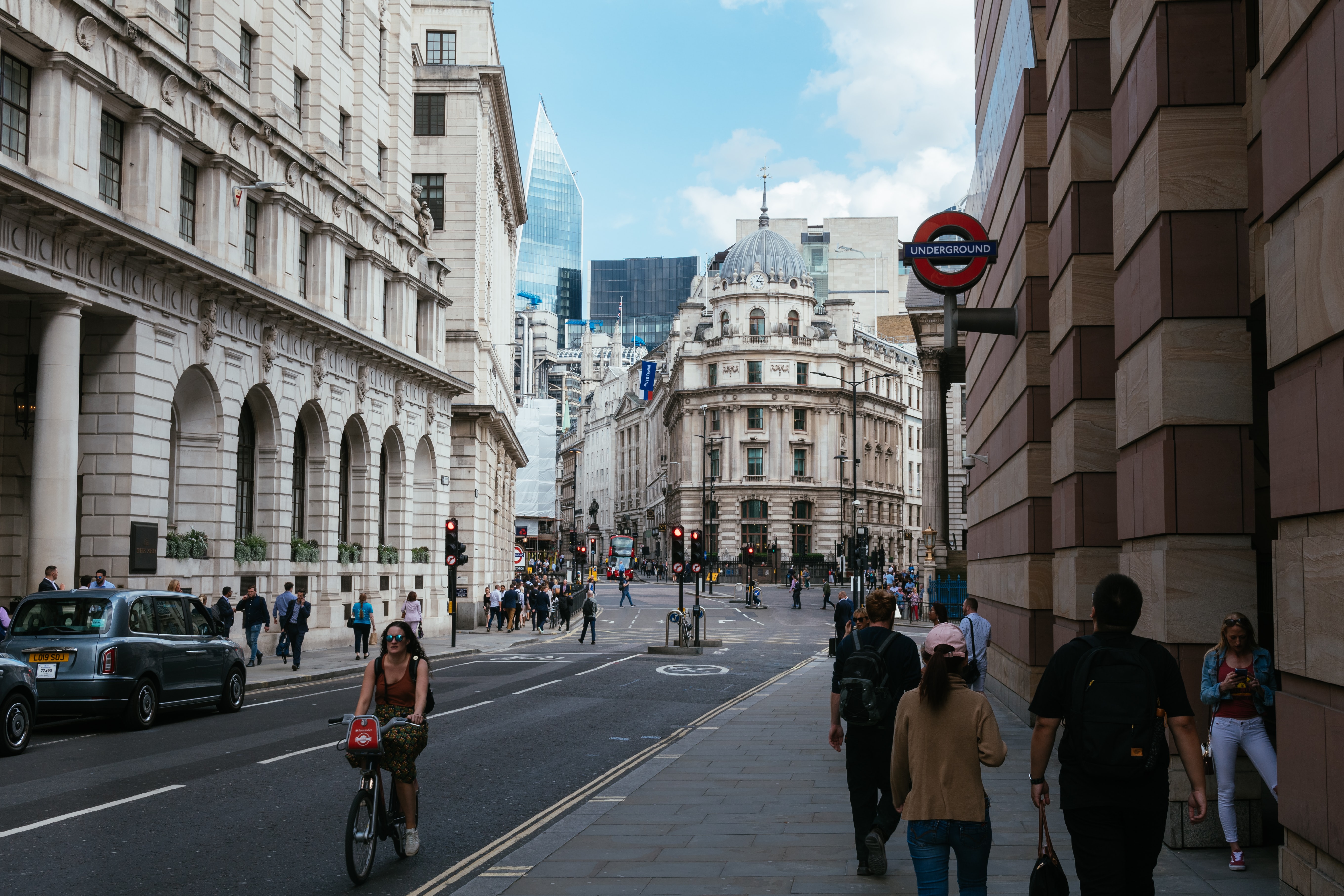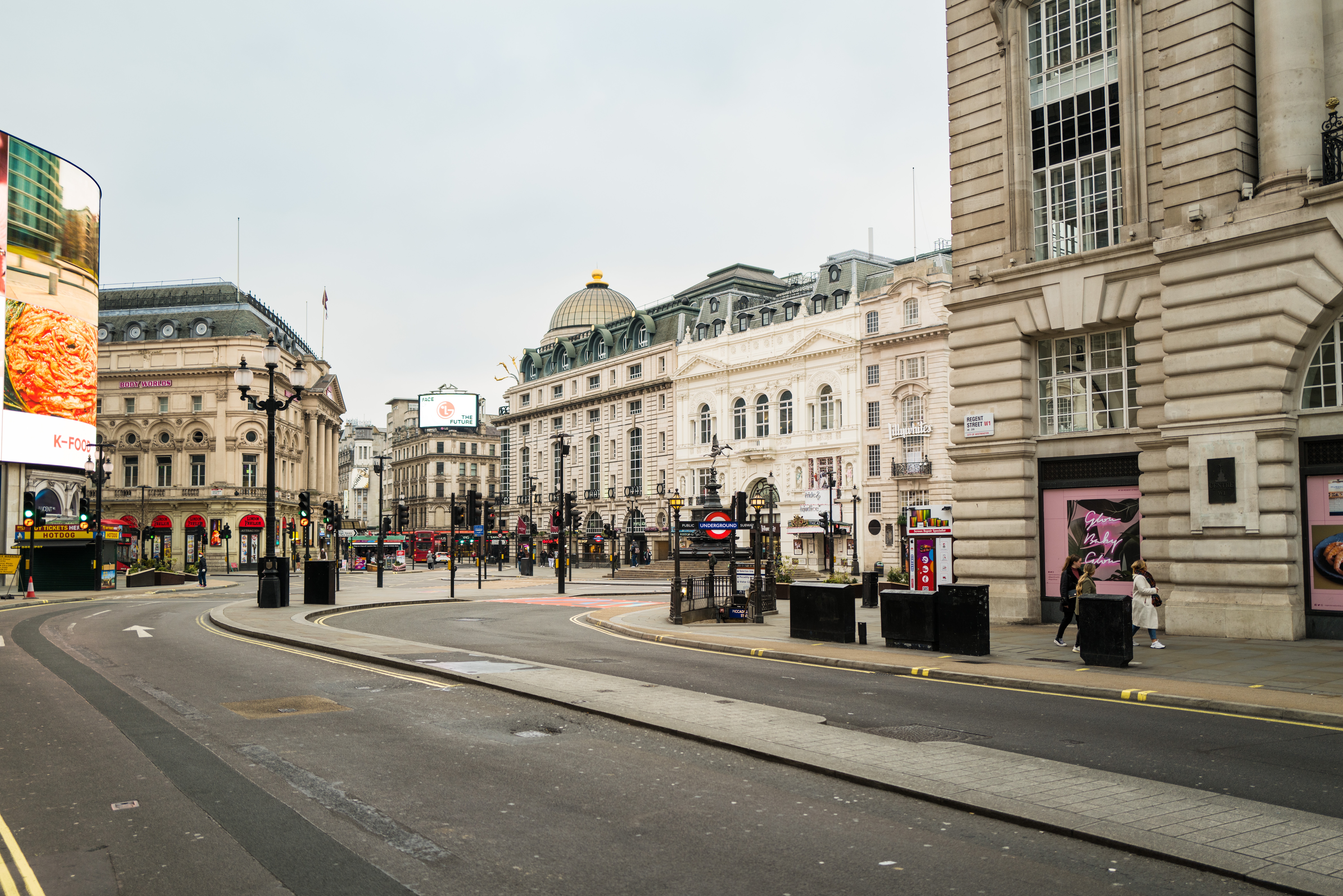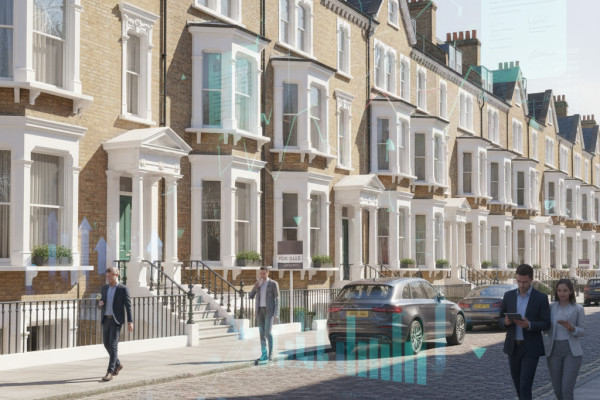
Another interest rate rise – what does it mean for the UK homeowners?
We gather the main reasons and consequences of the new interest rise by the Bank of England as well as expert comments and insights.
The Bank of England increased the rates to 0.25 in December 2021 and to 0.5% in February 2022. Last week, we saw a third interest rate rise in a row. Currently, the rates have reached the pre-pandemic levels and stand at 0.75%.
As a result, many homeowners faced another uplift in mortgage payments for the 3rd time in the last 4 months. Coupled with rising costs of living, new interest rises are a substantial concern for new home buyers and existing homeowners in the UK.

Rising interest rates: consequences
First, tracker or variable-rate mortgages (VRM) instantly go up in cost since they follow the official rate of the Bank of England. However, the share of these mortgage products is around 20% of the total property loans.
As for the monthly costs, they will likewise increase for mortgages that depend on the interest rate. For example, a typical London homeowner with a 25-year mortgage of £250k will see a £35 rise in the monthly mortgage payments (from £1,318 to £1,353).
Current savvy buyers use mortgage calculators and other handy features to see specific examples and gain a wider perspective on the market settings.
In turn, larger mortgage products (e.g. £500k) means a £70 rise in monthly mortgage repayments: from £2,636 to £2,706.
Most borrowers have fixed-rate mortgages and will not see the immediate effect of the increased interest rates. However, they might face higher interest rates once their current products expire, and they need to remortgage.

Currently, the most favourable fixed rates for 5-year mortgages for buyers with significant deposits (more than 40%) are a little over 2%. To gain a perspective, they stayed under 1% in 2021.
Current mortgage market
The data by Moneyfacts reveals how mortgage offers from various lenders differ for those with substantial deposits. For example, HSBC has a deal at 2.06%, while First Direct has the best rate of 2.14%.
In turn, buyers with a deposit of 20% can secure a deal at around 2.2%, while those with a 10% deposit can only count on a 2.4% rate.
What to expect: insights for mortgage holders
So the bank increased the interest rate 3 times in four months to 0.75%. Property experts predict further rises (to approx. 1%) in interest rates in the following months as one of the measures to control the accelerating inflation.

However, many are sure that we will not see 1.5% or higher rates because of the current global economic and political uncertainty and volatility.
What do the specialists say?
One of the experts at RSM UK expects Monetary Policy Committee (MPC) to remain flexible. It means that their policy of modest tightening is likely to ease in the coming months. In turn, interest rates might reach 1% in May, but the increase might be delayed given the global political and economic uncertainty.
The latest rise in interest rate means an immediate effect for approximately 200k London homeowners who have tracker or VRM mortgages. Moreover, the settings might be even worse given the rise to the energy bills cap next month.

A specialist at Your Mortgage Decisions says the rising interest rates are not an effective solution to the inflation levels we see now.
Rising energy bills and the upcoming National Insurance spike mean many people will face challenges, with some already experiencing difficult living conditions. Many experts agree that 2022 will be a challenging year, and higher interest rates are not the answer to this problem.
Given the difficult settings in the property market, we advise studying it thoroughly and with a sensible approach. For instance, savvy property hunters closely monitor London property news or follow the latest price changes of the new builds in the capital.




